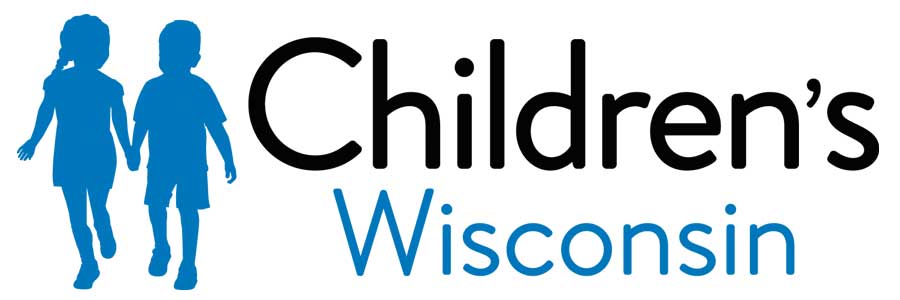Safe care steps for pre stem cell transplant (1531)
Key points below
ATG, Busulfan, Cyclophosphamide, and Thiotepa
Some of the medicines that your child will receive have very important safety steps that need to be followed. This is to help prevent some of the side effects. Below are some of those medicines that your child might receive and the rules that must be followed for them:
The checked boxes are the medicines your child will receive:
Antithymocyte Globulin (ATG)o This medicine has a higher risk of reactions. This could include an allergic reaction or fever. Your child will be given medicines to help prevent a reaction before and during the infusion. It is important that these medicines are taken on time.
o This medicine is given as an infusion through a central line. It can take 18 hours or more. Your child will be watched closely during the infusion. This includes checking heart rate, blood pressure, temperature and breathing. This will be done at least every hour, even when your child is sleeping. Your child will also use a continuous pulse ox monitor. This checks their oxygen level and heart rate.
Busulfan
o This medicine can cause a risk of seizures. It is very important that your child takes their anti-seizure medicine on time.
o For the first dose of this medicine, blood draws will be done at specific times after the dose is given. It is important that the nurse gets them drawn at the correct times. The results help us know if we need to make changes to the dose.
o This medicine can hurt your child’s bladder. There are some things that can help prevent damage:
o Your child will get a lot of fluids in their central line to flush the medicine out of the bladder.
o Your child will need to empty their bladder (pee) often.
o They must to go to the bathroom every hour for the first 6 hours after each dose of chemo.
o After that, they must go to the bathroom every 2 hours, and they will need to be woken up every 2 hours to go to the bathroom, even during the night. This will need to be done until 48 hours after the last dose of medicine is given.
o This medicine leaves the body through the sweat glands, so it can be harmful to the skin. The skin irritation can be worse in certain areas:
- Where radiation treatments were given.
- Where dressings are on.
- Skin folds including the genital areas.
Parents and caregivers must wear gloves when in contact with your child’s skin. Wash hands often. Caregivers may also need to wear a gown to prevent skin-to-skin contact.
These steps will be taken to protect your child’s skin and prevent problems:
Baths:
What?
o Mineral oil bath.
When?
o Three times each day.
o The first one will be before the first dose of Thiotepa. On this first day, your child may need to be woken early to take their bath.
o Take the first daily bath just after waking up and the last bath right before bed.
o Your child must continue these baths for 5 days after the last dose of Thiotepa
How?
o Mineral oil (provided by pharmacy) will be added to the bath water.
o Tub baths must be done for at least 2 of the 3 baths each day. The third can be a sponge bath using a basin of water, mineral oil, and a washcloth.
o Clean the skin folds very well with each bath using a washcloth.
o Pay close attention to the rectal area, under the breasts, armpits, behind the ears, and groin.
o All body parts must be covered with the mineral oil water during each bath.
Other important notes:
o Put on clean, loose-fitting clothes or a new hospital gown after each mineral oil bath. These clothes must be washed before wearing again. Diapers should be changed at least every 2 hours and the diaper should be loose.
o Bed linens (including personal items) must be changed after each mineral oil bath.
o Do not use CHG wipes until the mineral oil baths are complete. The CHG wipes can increase skin reactions by wiping away the mineral oil.
o Do not use lotions or creams until the mineral oil baths are complete. They can trap the Thiotepa that is in the sweat and increase skin reactions including blisters and sores.
o Help your child to be as active as possible. Too much bed rest may also put your child at risk for skin irritation.
o Avoid direct sunlight. Thiotepa causes the skin to be very sensitive to light, especially the sun, and it can cause the skin to darken. This may happen for several months.
For other health and wellness information, check out this resource: https://kidshealth.org/ChildrensWi/en/parents
